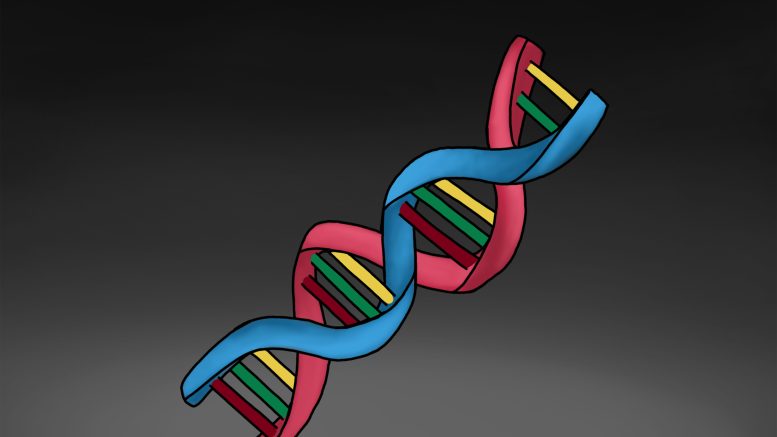Of all eight billion people on the planet, no two individuals share the exact same genetic makeup.
These genetic variations account for different responses and treatment outcomes in different people.
Fields of study such as precision medicine and pharmacogenomics — the study of how a person’s genes affects their response to medication — involve developing treatment strategies tailored to suit each individual. This helps researchers find better ways to improve overall health outcomes, and revolutionizes medicine from a “one size fits all” perspective to more patient-specific treatment.
University of Manitoba assistant professor in the department of biochemistry and medical genetics Britt Drögemöller explained that “if we look at modern medicine, I think it’s really made a big improvement on how we can treat disease.”
The problem at the moment for her is that “treatments don’t work the same in all individuals.”
Drögemöller uses precision medicine and pharmacogenomics techniques in understanding how genetic differences between individuals influence treatment response.
“We really want to make sure that the treatments we are using have maximum ability to treat a disease, but also with minimal safety concerns,” Drögemöller said.
“That’s why I think using this precision medicine pharmacogenomics approach is so, so important, that we can start thinking of individuals as individuals and treat them accordingly.”
Drögemöller gained initial interest in the human genetics field from her undergraduate-level genetics classes.
“I really liked the way we can find specific genetic variants that can explain so much,” she said.
Her research now focuses primarily on an adverse reaction to anti-cancer medication cisplatin, specifically its toxic effects on the ear.
Cisplatin works to reduce or stop quickly dividing cells. It is widely applied in chemotherapy treatment, yet its ability to cause damage to the ear is a major limitation. Up to 80 per cent of people who receive cisplatin treatment experience hearing loss.
“This can be really devastating, especially for young children who are still developing language skills,” Drögemöller said. “If they also lose the ability to hear, it can make developing language skills very difficult and can have an impact on their life.”
Previous research attempts to determine why some experience hearing loss due to the treatment while others do not have attributed this selective hearing loss to factors such as age and the amount of cisplatin doses received.
However, Drögemöller found that an individual’s genetics accounts for about 40 per cent of this variability.
“We really want to compare people who get hearing loss to people who don’t get hearing loss and see what differences we can see in their genetics,” she said.
In complex human genetic traits, an interplay of multiple genetic variants determines differences among populations. These different genetic variants all act together to increase or decrease disease risk.
A predictive value termed a “polygenic risk score” measures disease risk by summing up the different genetic risk variants an individual has into a single score.
By using these predictive polygenic scores, Drögemöller can quantify the likelihood of an individual to experience cisplatin-induced hearing loss.
“That’s useful if you want to tell before you give treatment, you can increase monitoring of hearing loss and you can consider alternate treatments,” she explained.
“Of course, we don’t want to affect the ability to treat cancer, so it’s always important to take that into account as well when you are considering treatments in patients.”
This information can also be applied in developing improved treatments for patients by administering a hearing protectant to prevent hearing loss during cisplatin treatment.
Polygenic scores are a promising tool for risk prediction, and their application to pharmacogenomics opens up new opportunities in improving treatment outcomes. Currently, they are applied in coronary artery disease to determine which treatments suit an individual best.
“It’s a relatively new field, so I think we’re still working towards applying it in more areas,” Drögemöller added.
Additionally, Drögemöller explores age-related hearing loss using data from the Canadian Longitudinal Study on Aging — a long-term national study following the changing health determinants of a cohort of approximately 50,000 people as they age.
“We can use this information to identify genetic variants that cause age related or are associated with age-related hearing loss,” she said.
“Once we understand what is increasing people’s risk of experiencing age-related hearing loss, we can think of ways to prevent it or determine who’s going to experience it so that they can take preventative measures.”
Overall, Drögemöller encourages further public interest in pharmacogenomics and precision medicine related research.
“There’s so many opportunities in the field,” she said. “I think computational biology in particular opens up so many employment opportunities.”
“Even if you aren’t interested in staying in academia, there’s so many biotech companies and many industry opportunities too, where these kinds of skills can be really valuable.”


